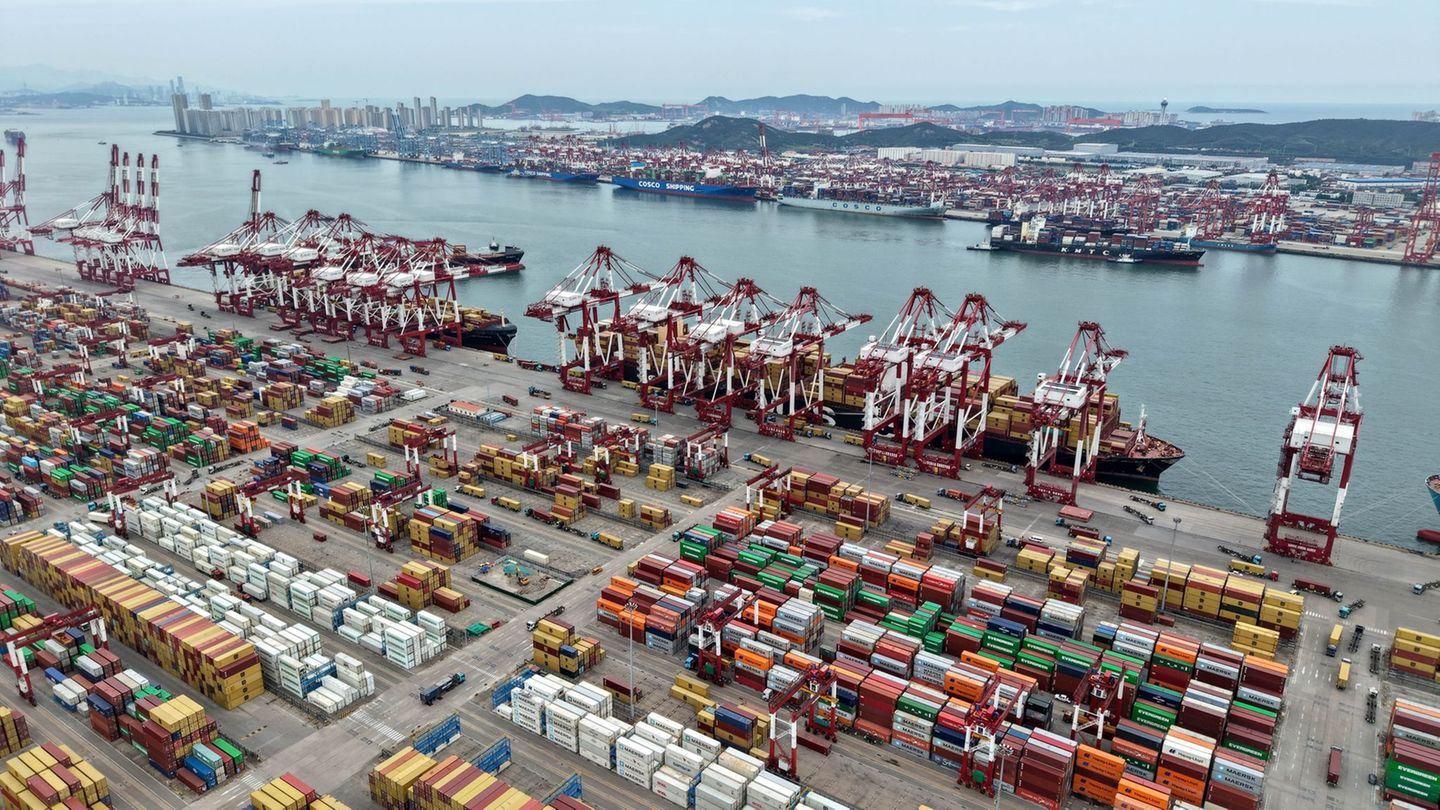In Austria, private individuals and companies alike will have to pay more taxes than before for climate-damaging CO2 emissions, for example when driving, heating or producing. Vice Chancellor Werner Kogler and Environment Minister Leonore Gewessler (both Greens) therefore spoke on Sunday at the presentation of the cosocial tax reform of a “historical restructuring of the tax system”. Federal Chancellor Sebastian Kurz and Finance Minister Gernot Blmel (both VP) pointed out that at the same time, with a total volume of 18 billion euros (by 2025), the “largest relief package in history” would be launched.
This video is disabled
Please activate the categories Performance cookies and Functional cookies in your cookie settings to display this element. My cookie settings
Specifically, the CO2 pricing provides for a tax of 30 euros per tonne used from mid-2022. In 2023 it will be 35 euros, the following year 45 euros and 2025 per tonne 55 euros.
For particularly CO2-intensive companies, there should be relief and a hardship rule (see also page 3 below). The first half-year CO2 income is expected to pour around 700 million euros into the budget, and Gewessler is assuming a cumulative five billion euros by 2025.
Money that is to be returned in full via the “regional climate bonus”, according to the turquoise-green promise. According to this, from mid-2022 every adult who lives in a city with good connections to the public transport network will receive a bonus of 100 euros. For those under 18, there is an additional 50 euros. People who live in rural communities receive a flat rate of 200 euros due to their frequent dependency on the car, with graduations of 133 and 167 euros in between. Statistics Austria is to develop the regional categories.
At the end of a night of negotiation, Chancellor Kurz also presented items that had a VP signature. So the tax privilege for diesel is not gertteltelt. The commuter flat rate also remains unaffected. There is a huge increase in the family bonus. From July 1, 2022, there will be 2000 euros per child and year (currently 1500 euros). Also from the middle of the year, the second income tax bracket will be reduced from 35 to 30 percent for employed people and pensioners. This should bring taxpayers up to 650 euros in relief per year. From July 2023, the third tariff level will also be reduced from 42 to 40 percent. That should reduce the tax burden by 580 euros.
As a contribution for low-income people who pay no wage tax at all, Kurz and Kogler announced a new reduction in health insurance contributions. These are to be reduced by 1.7 percent starting from the bottom (also from mid-2022). Overall, the government is assuming relief that 2.3 million workers and 1.6 million retirees should benefit. Kurz named a working couple with two children as an example of the “mega-project”: he earns 2220 euros gross, she 2167 euros – in the final stage the two would have 2783 euros per year.
Criticism of the opposition
FP boss Herbert Kickl and SP finance spokesman Jan Krainer left the package badly. Kickl spoke of a “sham for taxpayers” because the additional costs for driving and heating were “definitely not covered” by the climate bonus. Krainer saw “the corporations and farmers” valued by the donation chancellor. For Neos boss Beate Meinl-Reisinger it is only about “a redistribution reform without steering effect” with an additional tax.





